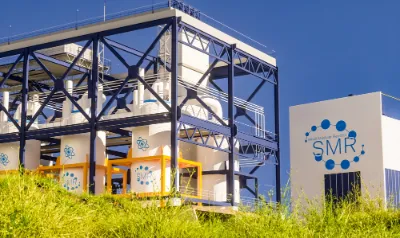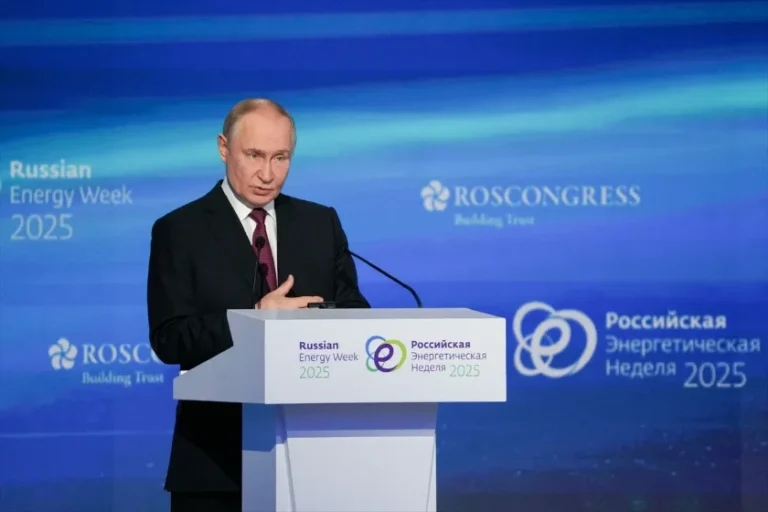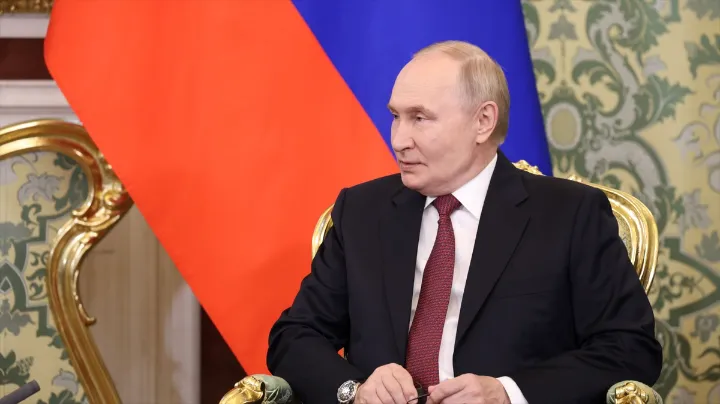Russia
American small modular nuclear reactors may power Hungarian cities soon

Russian agents flood Eastern Europe preparing acts of sabotage – is Hungary also a target?

Slovak premier Fico claims certain EU circles want to scupper Budapest Trump-Putin summit

Trump calls Budapest summit with Putin a “wasted meeting”

Trump was set to hand over a Ukrainian region to Putin in Budapest: cancelled summit explained

Russia targets European infrastructure: Kremlin-backed sabotage plot revealed in neighbouring country

Serious consequences expected after refinery fire in Hungary: One neighbouring country could face the worst energy crisis

Putin warned: he will be killed in Budapest by agents of a NATO member

Putin’s secret flight route to Hungary from Russia revealed

BREAKING – Budapest Trump-Putin summit at risk due to escalating US-Russia tensions!

Can Orbán turn the Budapest summit into political advantage for the elections?

Hungarian government lashes out against EU’s planned ban on Russian gas supplies

Russia explained why Putin will meet Trump in Budapest

Putin Budapest travel headache exposed: secure route to Hungary revealed

The American ‘superweapon’ that frightened Putin so much he may seek peace in Budapest

More high-level meetings? Zelensky willing to meet Putin in Budapest

How could Vladimir Putin come to Budapest with all the sanctions and arrest warrants?

Budapest to see unprecedented security measures during Trump and Putin summit





 ZH
ZH IT
IT DE
DE HR
HR NL
NL FR
FR JA
JA RO
RO RU
RU ES
ES TR
TR
